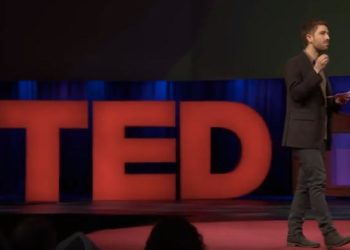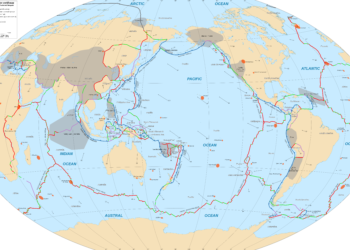I was recently sent this article, from Tristan Harris, formerly Google’s Design Ethicist. Harris discusses the psychological techniques that Google, Facebook, YouTube, Yelp, Instagram — pretty much every social media network available– uses in order to manipulate users. Many of the techniques he describes are similarly employed by magicians, giving the illusion of free choice (“pick a card, any card”) and misdirection (“look at this thing I’m doing with my left hand so you can’t see what I’m doing with my right”). As he puts it,
Magicians start by looking for blind spots, edges, vulnerabilities and limits of people’s perception, so they can influence what people do without them even realizing it. Once you know how to push people’s buttons, you can play them like a piano.
But even if you know the tricks of the trade, they’re hard to resist. Every time you pull down on your email or Facebook app on your phone to see if there are new messages or likes, you’re essentially feeding the same mechanism that makes playing a slot machine so addictive. I know this, yet, like the average person, I still check my phone around 150 times a day.
All of which reminded me of this classic bit from Penn and Teller in the video below. The cups and balls is one of the oldest magic tricks known, and has an equivalent in many cultures around the globe. One of the absolute rules of pulling it off is that you never, ever do the cups and balls trick using clear cups. Here, Penn and Teller break that fundamental rule, and yet somehow, the trick becomes even more mind-boggling as you see exactly what they’re doing.
There’s probably a statement to be made here about how sometimes transparency alone isn’t enough to solve some problems, but I’m too busy trying to figure out how they’re doing the trick to come up with it.
Discussion
1 Thought on "Sometimes the Reveal is Better than the Magic Trick"
Arthur C. Clarke: “Any sufficiently advanced technology is indistinguishable from magic.”


